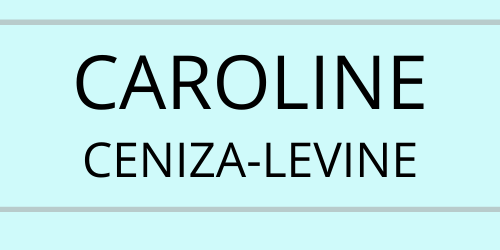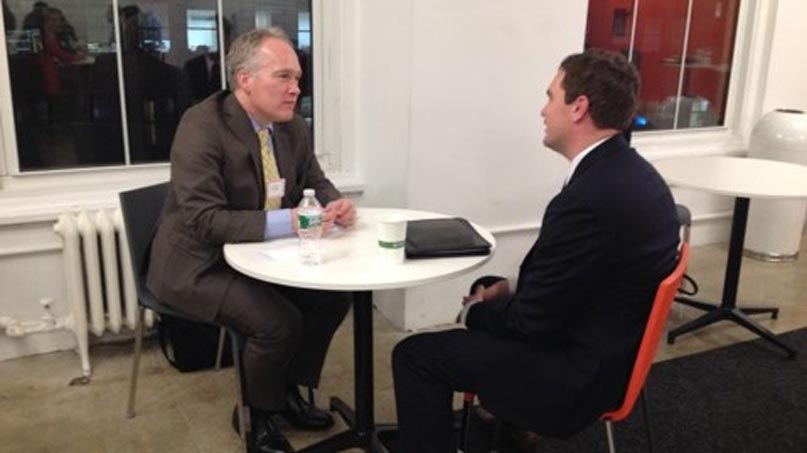Preparing for a job interview? You might also be interested in my blog post: Ten Step Process To Help Ace Your Next Job Interview.
A job interview is a person-to-person communication, and some people are difficult, so you will likely encounter a difficult job interviewer at some point. The difficult job interviewer pushes back on what you say, picks apart your claims, focuses on your weaknesses and mistakes, or tries to get you to talk trash about your past bosses and companies. The difficult job interviewer frames questions negatively and wants you to get negative as well. Don’t fall for these traps!
Here are three approaches to diffuse the difficult job interviewer:
Stay neutral — don’t mirror (and therefore encourage) the difficult job interviewer.
Mirroring your job interviewer – smiling when they smile, matching the cadence in their voice – is normally a good way to engender rapport. However, if your job interviewer is negative, you don’t want to mirror that negativity. It just raises the tension in the interview. If the job interviewer asks negative questions – e.g., who was your least favorite boss, what was your biggest failure – resist the temptation to get judgmental or defensive. Share an objective critique of one of your bosses, but don’t demean them. Talk honestly about a project that went wrong, without criticizing your team or yourself.
Homework for you: If you normally get emotional or angry revisiting these points in your career, practice being able to discuss these trying career incidents in a neutral, objective way.
Address the root of the question, giving the difficult job interviewer the benefit of the doubt
Negatively framed questions are not always bad. Some well-meaning job interviewers use negative questions to see how self-aware a candidate is of gaps in their qualifications. Or negative questions can be used to see how a candidate deals with adversity. Don’t assume that a difficult question means you have a difficult job interviewer. Give them the benefit of the doubt, and address the constructive facets that negative questions elicit — demonstrate your self-awareness, give examples of your resilience in the face of adversity, share what you’ve learned from obstacles you’ve overcome.
Homework for you: Inventory the come-from-behind, overcoming-adversity stories you want to share in interviews. Prepare how you will discuss these incidents so there is a clear lesson or positive outcome that results.
Preparing for a job interview? You might also be interested in my blog post: Ten Step Process To Help Ace Your Next Job Interview.
Use the challenges set up by the difficult job interviewer as opportunities to highlight your strengths
In fact, if you can move past the anxiety that negative questions typically induce, you can use these challenges to highlight your strengths. Negative questions are the perfect set-up for a hero story with you as the star.
Knowing that you may be asked for weaknesses, mistakes, and obstacles (including people obstacles) prepare in advance those stories which place you in a challenging situation but from which you emerge smarter (what did you learn), stronger (what qualities did you develop), and more capable (what situations no longer faze you).
Homework for you: Identify your specific expertise, positive qualities, and skills, and explain how you developed these, how they’ve been tested in different companies or business circumstances, and what tangible proof you have (e.g., bottom line impact) that you have these strengths. This way, you’re not just pushing back on a difficult job interviewer with baseless claims, but you have itemized actual strengths and have examples or results to show for each.
Preparing specifically to handle the difficult job interviewer is great preparation in general. You will practice speaking objectively about difficulties over your career. You will have identified specific stories where you emerge as the hero – smarter, stronger, more capable. You will have identified specific strengths to showcase – expertise, qualities, and/or skills. Now, when you encounter a friendly, “easy” job interviewer, you will be even more positioned to shine.
When you encounter the difficult job interviewer, you are ready. This will prove particularly useful if you’re up for a job for which you don’t have direct experience, and you can expect a challenging interview.





